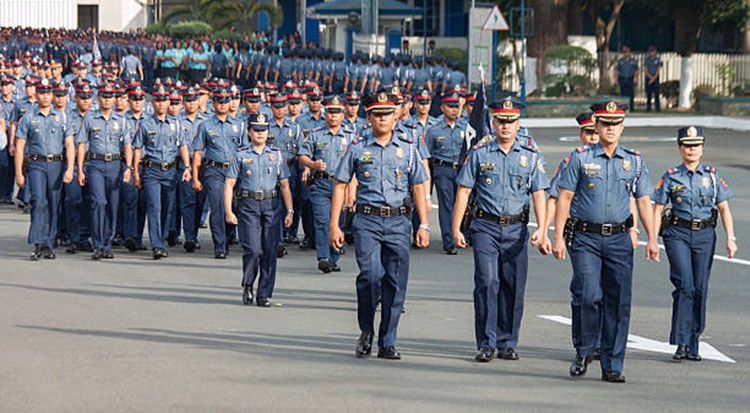Guide on Criminology Board Exam Passers Work Fields
CRIMINOLOGY BOARD EXAM – Here is a list of the work opportunities you may engage in after passing the CLE administered by the Professional Regulation Commission (PRC).
In the Philippines, countless individuals aspire to be a part of the national security workforce. Thus, a lot of students are taking or plan to take Criminology as a course in college. In the country, there are several colleges and universities that offer criminology courses.

Here are some of the colleges and universities in the Philippines that offer a criminology course:
- Universidad de Manila
- De La Salle University – Dasmariñas
- Lyceum Northwestern University
- Philippine College of Criminology
- Lacson College
- University of the Cordilleras
- Southern Leyte State University
- Romblon State University
- University of Mindanao
- University of Baguio
- Missouri State University
The Criminology Board Exam is administered by the Professional Regulation Commission or more popularly called PRC. It is the body that conducts most of the licensure exams in the different fields in the country.
The PRC conducts the CLE twice a year. It is one of the licensure exams with the biggest takers for every administration. In fact, countless takers of the recent licensure exam as the PRC is expected to release the Criminology Board Exam Result February 2024 – CLE anytime soon.
After passing the Criminology Board Exam, there are a lot of work opportunities that await the graduate and these opportunities are not solely in the Philippine National Police or PNP. Here are some of the work opportunities that await the CLE passers:
- As a professor, instructor or teacher in Criminology in any university, college or school duly recognized by the government and teaches any of the following subjects:
- Law Enforcement Administration
- Criminalistics
- Correctional Administration
- Criminal Sociology and allied subjects
- other technical and specialized subjects in the Criminology curriculum
- As technician in ballistics, dactyloscopy, questions documents, lie detection, police photography, forensic chemistry and other scientific aspects of crime detection
- As law enforcement administrator, adviser, executive, consultant or agent in any government or private agency
- As expert, counselor, researcher, or adviser in any government or private agency on any aspects of criminal research